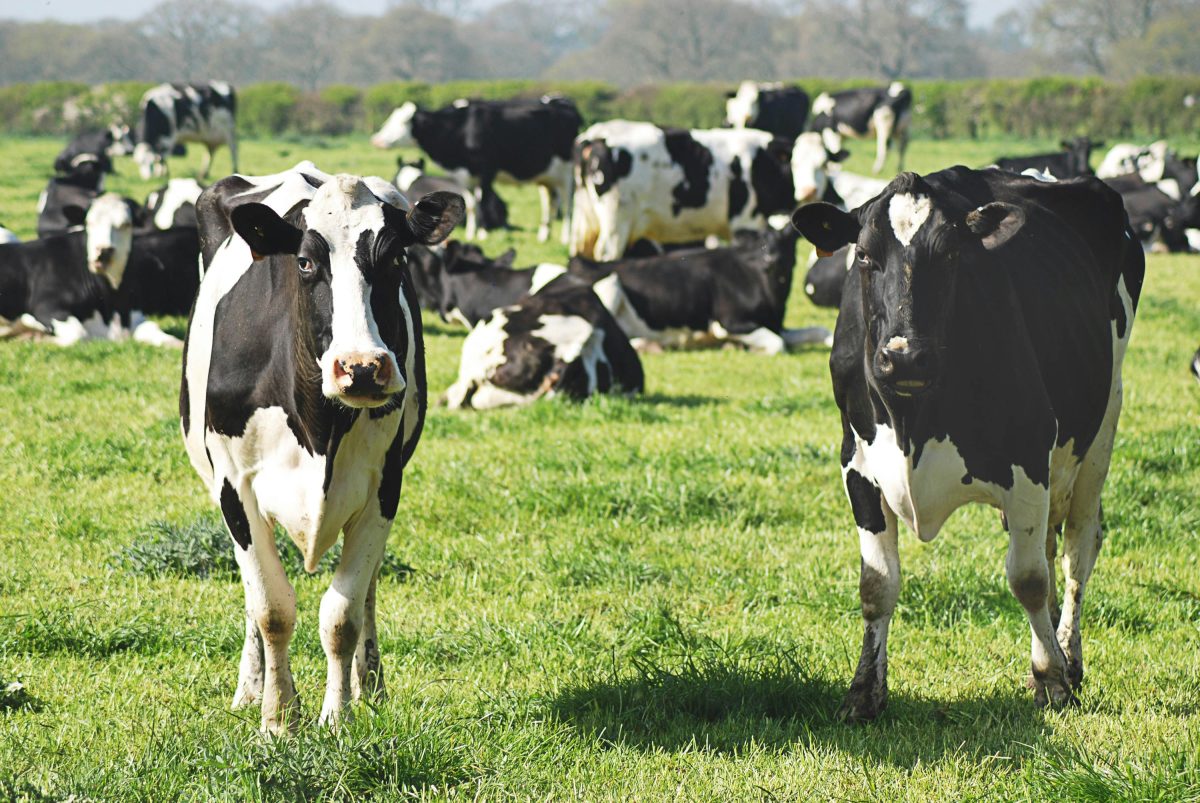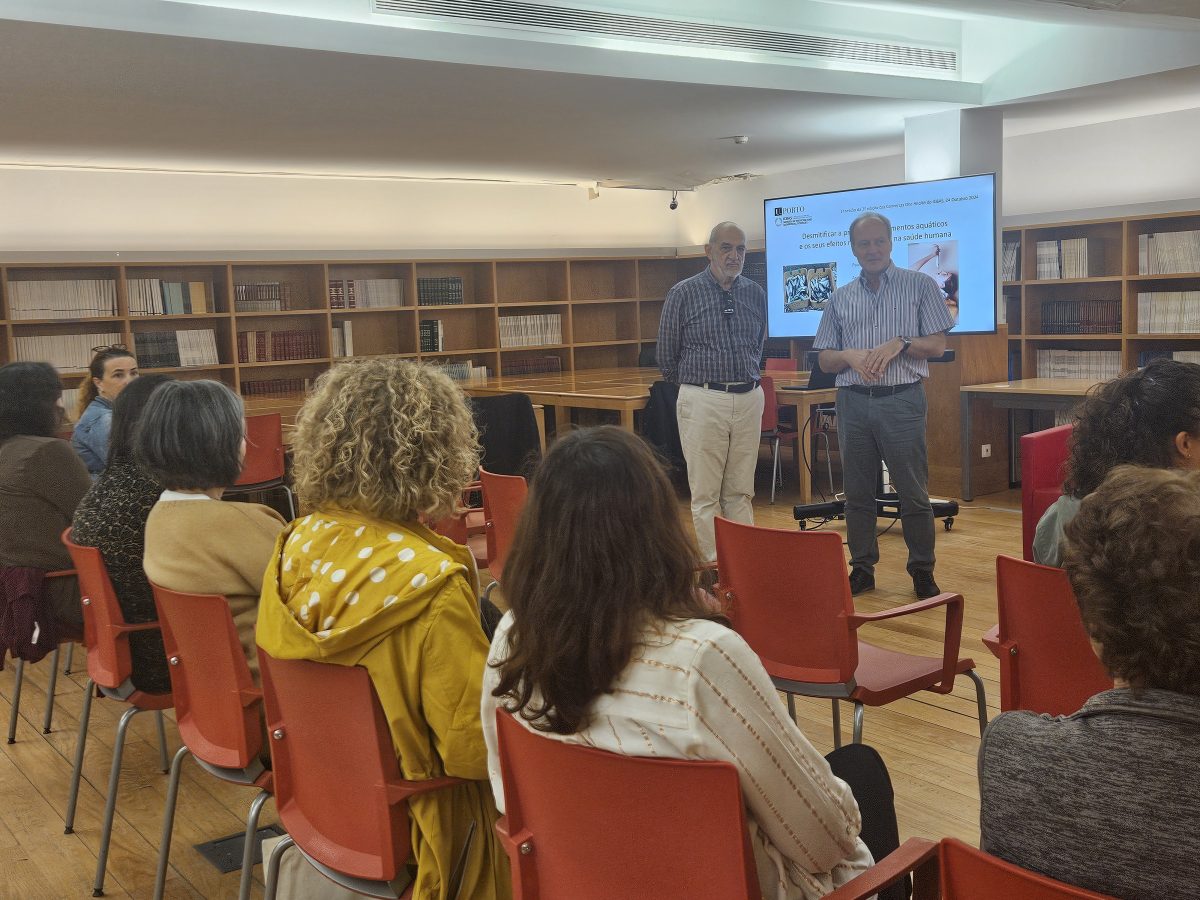A project funded by the PRR developed a network to monitor the use of antimicrobials in dairy and pig farming operations.
The use of antimicrobials (AMU) in human and veterinary medicine contributes to maintaining health and well-being but simultaneously induces antimicrobial resistance (AMR). AMR is increasing and has become one of the main global threats to human and animal health and life, as well as to the environment in general. The adoption of global measures developed according to the “One Health” approach is necessary to contain the AMR pandemic.
In order to help mitigate the emergence of antimicrobial-resistant microorganisms in humans and animals, the Instituto de Ciências Biomédicas Abel Salazar (ICBAS) is leading a project that has already developed several interconnected web platforms. These platforms ensure a process for assessing disease situations in animals on dairy and pig farms, aiming to make the use of these medicines more sustainable and safer.
Read the full article here.
Source: Notícias UP; Image: Unsplash.




